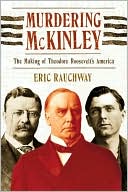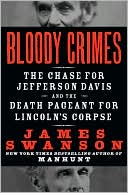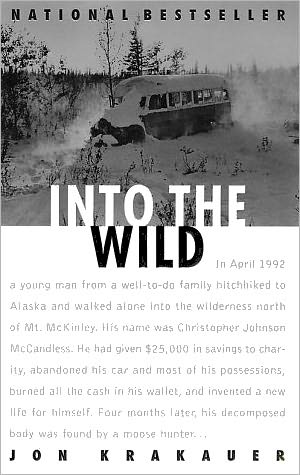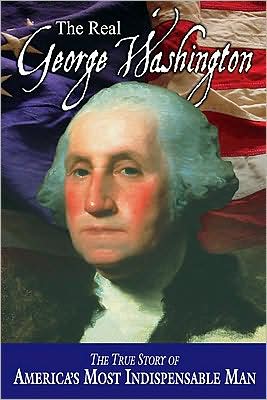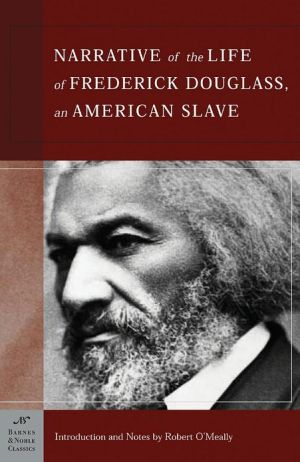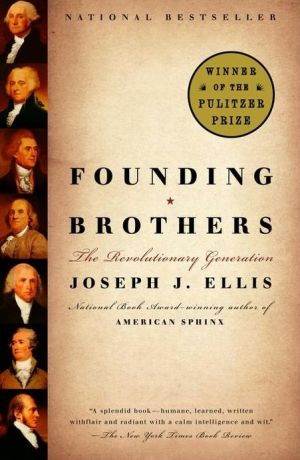Murdering McKinley: The Making of Theodore Roosevelt's America
Search in google:
When President McKinley was murdered at the Pan-American Exposition in Buffalo, New York on September 6, 1901, Americans were bereaved and frightened. Rumor ran rampant: A wild-eyed foreign anarchist with an unpronounceable name had killed the Commander-in-Chief. Eric Rauchway's brilliant Murdering McKinley re-creates Leon Czolgosz's hastily conducted trial and then traverses America as Dr. Vernon Briggs, a Boston alienist, sets out to discover why Czolgosz rose up to kill his President. While uncovering the answer that eluded Briggs and setting the historical record straight about Czolgosz, Rauchway also provides the finest portrait yet of Theodore Roosevelt at the moment of his sudden ascension to the White House.For Czolgosz was neither a foreigner nor much of an anarchist. Born in Detroit, he was an American-made assassin of such inchoate political beliefs that Emma Goldman dismissed him as a police informant. Indeed, Brigg's search for answers---in the records of the Auburn New York State penitentiary where Czolgosz was electrocuted, in Cleveland where Leon's remaining family lived---only increased the mystery. Roosevelt, however, cared most for the meanings he could fix to this "crime against free government all over the world." For Roosevelt was every inch the calculating politician, his supposed boyish impulsiveness more feint than fact. At one moment encouraging the belief that Czolgosz's was a political crime, at the next that it was a deranged one, Roosevelt used the specter of McKinley's death to usher in Progressive Era America.So why did Czolgosz do it? Only Rauchway's careful sifting of long-ignored evidence provides an answer: heart-broken, recently radicalized, and thinking he had only months to live, Leon decided to take the most powerful man in America with him. Publishers Weekly This ambitious book paints a fresh picture of American culture a century ago and finds there the confused stirrings of our own age. Rauchway's lens opens on the 1901 assassination of President William McKinley by Leon Czolgosz and keeps that event in focus throughout. The author's aim is to get us to understand in new ways the dawning 20th century, when so many of our present political and social struggles took form and solutions were proposed. For instance, the involvement in Czolgosz's case of "alienists" and criminologists provides Rauchway (The Refuge of Affections) with openings into such varied issues as nativism, racism, industrial conditions and social work. As for politics, he deals skillfully with now mostly forgotten issues-such as tariffs and currency policy-that rarely appeal to readers, but which here gain clarity through Rauchway's deft brevity. Most important, he shows how the nation's culture, and Theodore Roosevelt, who gained the presidency on McKinley's death, got caught up in a debate about the reasons for the murder. Was Czolgosz spurred by his psychological state or by anarchist ideology? Did the murder's origins lie within the assassin or in the social conditions that produce desperate people? These are issues that continue to divide Americans. And the book shines in dealing with them, making an important contribution to historical understanding. Rauchway's explanation for Roosevelt's 1912 loss as "Bull Moose" candidate of the Progressive Party-that he was caught between opposing interpretations of the roots of the nation's ills-is especially provocative. That alone should make the book controversial. (Sept.) Copyright 2003 Reed Business Information.
